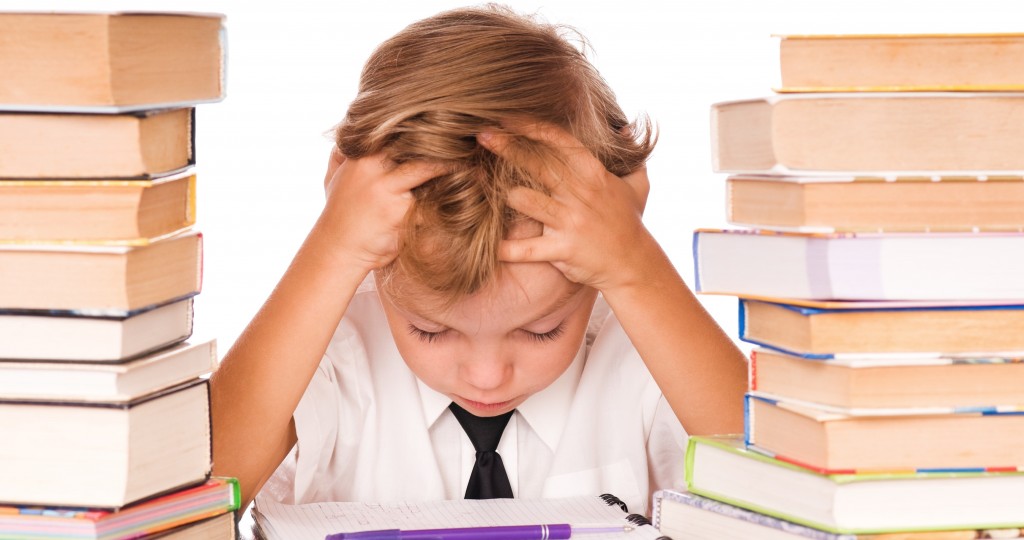I never was very good at math. Some of my best Grade 10 math scores were achieved via the Forgotten Calculator scheme, whereby myself and a few co-conspirators gained permission to share a calculator, then passed it around with the right answer typed in by the one guy with some mathematical talent. This went along merrily until calculator-sharing was banned.
Muddling through a Grade 11 math test, I was saved by divine intervention, when the class was driven under our desks by an earthquake drill, giving me the opportunity to confer with my friend, Jimmy.
Well, imagine my relief when I found out that my lack of arithmetical aptitude is just par for the course among Generation Z. The Program for International Student Assessment (PISA) is a worldwide study of the scholastic performance of 15-year-olds. It is conducted every three years by the OECD. Canada’s most recent results were almost comically bad.
From 2018-2022, our math scores fell 15 points on the PISA scale. Given the suspension of in-person learning during Covid, this is not surprising. However, from 2003-2022, our math scores declined by no less than 35 points. The latest drop was not an anomaly, but rather part of a 20-year trend.
The downward trend in scores has been particularly pronounced in certain provinces, with Manitoba’s score plummeting by 58 points, Alberta’s by 45 points, and British Columbia’s by 42 points.
Canadian scores in reading and science, the other two subjects evaluated by the PISA, offer little consolation. During roughly the same time span, they declined by 27 points and 19 points respectively.
The 35-point freefall in Canadian math scores has some questioning the now predominant model of inquiry-based learning, which is centred around “problem-solving, pattern discovery and open-ended exploration”. Proponents argue that inquiry-based learning allows students to “regulate their own activity while exploring a prompt”, embarking on an “adventure in mathematical discovery”.
Anna Stokke, University of Winnipeg Mathematics professor and President of the non-profit after-school program Archimedes Math Schools, advocates for a return to the fundamentals. In a 2015 report for the C.D. Howe Institute, she wrote that teachers should base 80% of their math classes on direct learning, such as memorizing multiplication tables and practising long division, and only 20% of their time on inquiry-based learning.
Stokke argues that inquiry-based mathematical learning methods, such as asking students to master division by drawing pictures, are overly complex and put too much burden on working memory, which retains information for just a few seconds. The old-fashioned method of memorization, on the other hand, allows information to be committed to long-term memory and recalled later.
Perhaps the one redeeming feature of Doug Ford’s government is Ontario’s shift to a back-to-basics educational model, reintroducing cursive writing to schools and emphasizing reading,
writing and math. Here in Lotus Land, the B.C. NDP government is taking a more whimsical approach, abolishing letter grades entirely from K-9.
There’s a certain logic to it. After all, if you don’t measure scores, they can’t decline!
Editor’s note: My bi-monthly Counter Current column is originally published in the Salt Spring Islands Marketplace paper (islandsmarketplace.com/issue.pdf). This piece was published on December 16th, 2023.
All content on this website is copyrighted, and cannot be republished or reproduced without permission.
Share this article!


The truth does not fear investigation.
You can help support Dominion Review!
Dominion Review is entirely funded by readers. I am proud to publish hard-hitting columns and in-depth journalism with no paywall, no government grants, and no deference to political correctness and prevailing orthodoxies. If you appreciate this publication and want to help it grow and provide novel and dissenting perspectives to more Canadians, consider subscribing on Patreon for $5/month.
- Riley Donovan, editor